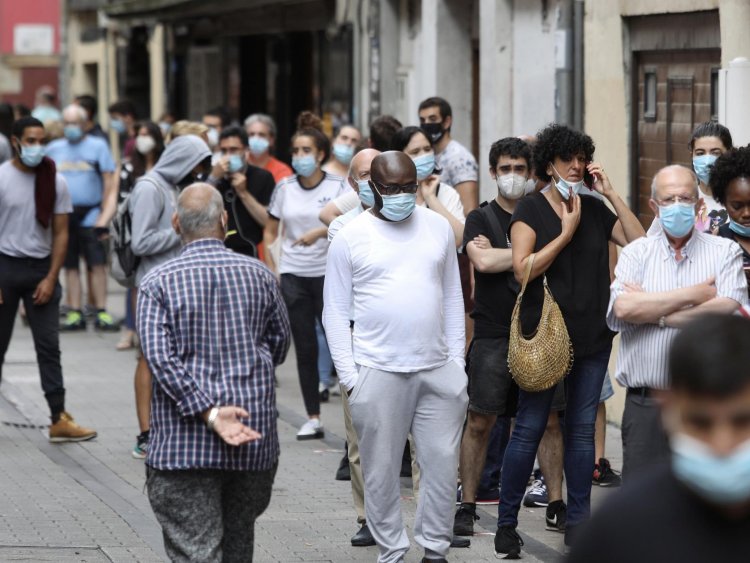Spanish Herd Immunity Study

A Spanish study its doubts on the feasibility of herd immunity as a way of tackling the coronavirus pandemic.
The study of more than 60,000 people estimates that around just 5% of the Spanish population has developed antibodies, a medical journal reported.
Herd immunity is achieved when enough people become infected with a virus to stop its spread.
Around 70% to 90% of a population needs to be immune to protect the uninfected.
The prevalence of Covid-19 antibodies was below 3% in coastal regions, but higher in areas of Spain with widespread outbreaks, the report said.
"Despite the high impact of Covid-19 in Spain, prevalence estimates remain low and are clearly insufficient to provide herd immunity," the study's authors said in the report.
"This cannot be achieved without accepting the collateral damage of many deaths in the susceptible population and overburdening of health systems.
"In this situation, social distance measures and efforts to identify and isolate new cases and their contacts are imperative for future epidemic control."
There have been studies of a similar kind in China and the US and "the key finding from these representative cohorts is that most of the population appears to have remained unexposed" to the coronavirus, "even in areas with widespread virus circulation," the article said.
Prof Danny Altmann, British Society for Immunology spokesperson and Professor of Immunology at Imperial College London, described the study as "sobering".
"Findings such as this reinforce the idea that faced with a lethal infection that induces rather short-lived immunity, the challenge is to identify the best vaccine strategies able to overcome these problems and stimulate a large, sustained, optimal, immune response in the way the virus failed to do," Prof Altmann said.
The study is thought to be the largest of its kind on the coronavirus in Europe.















































